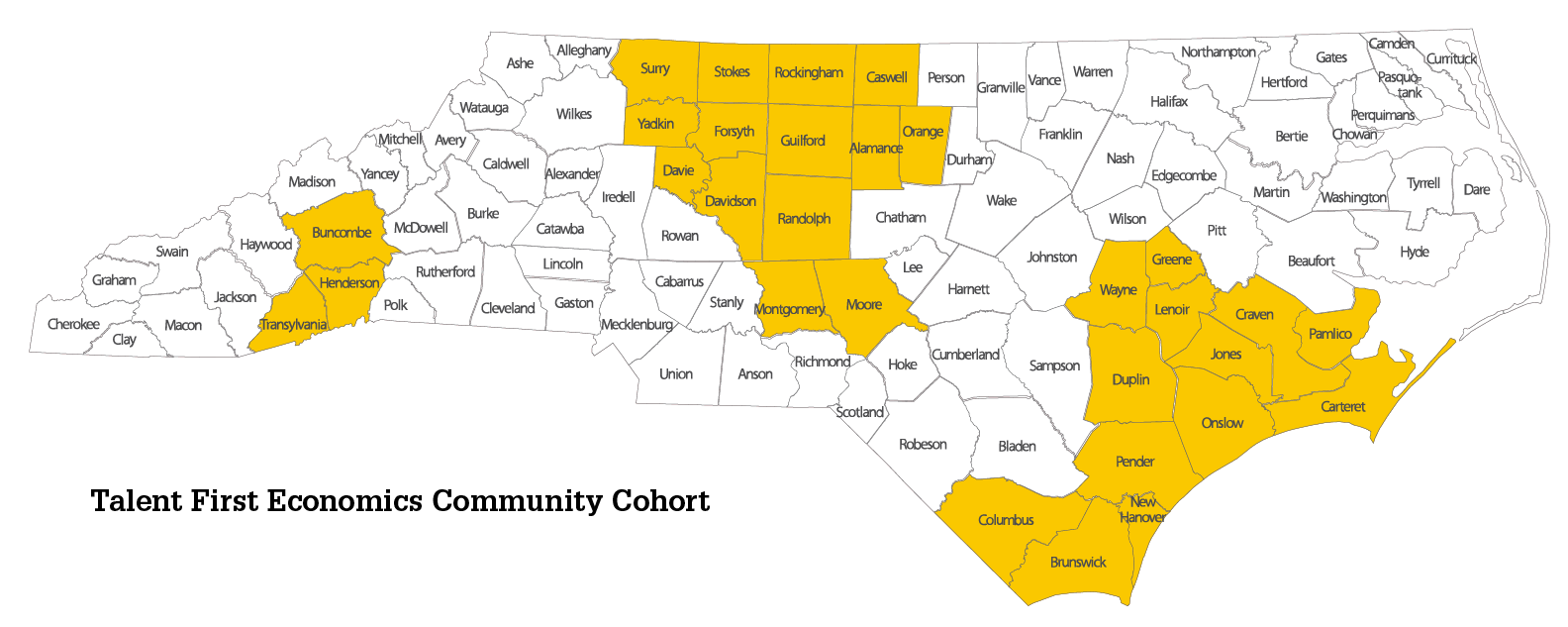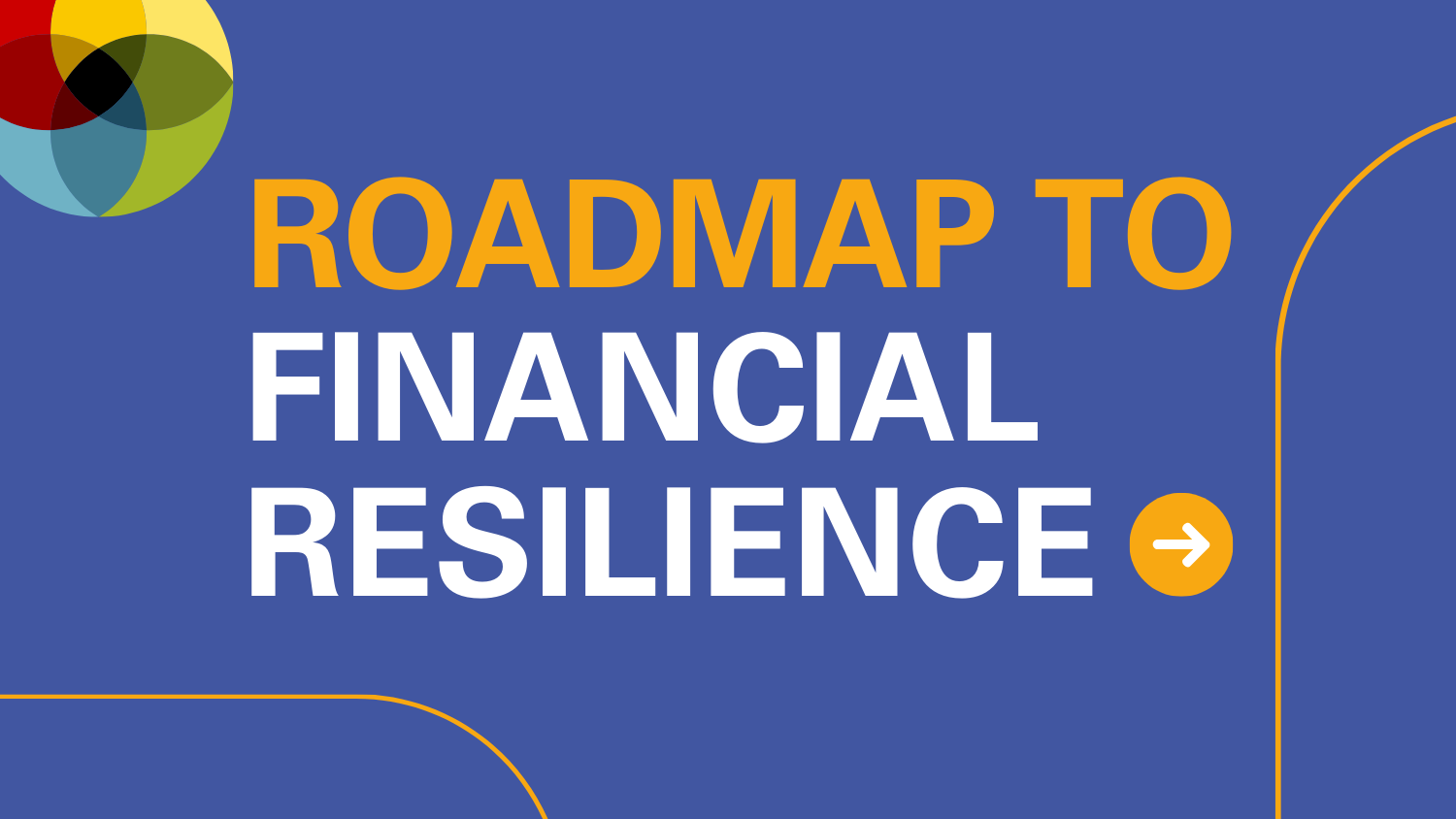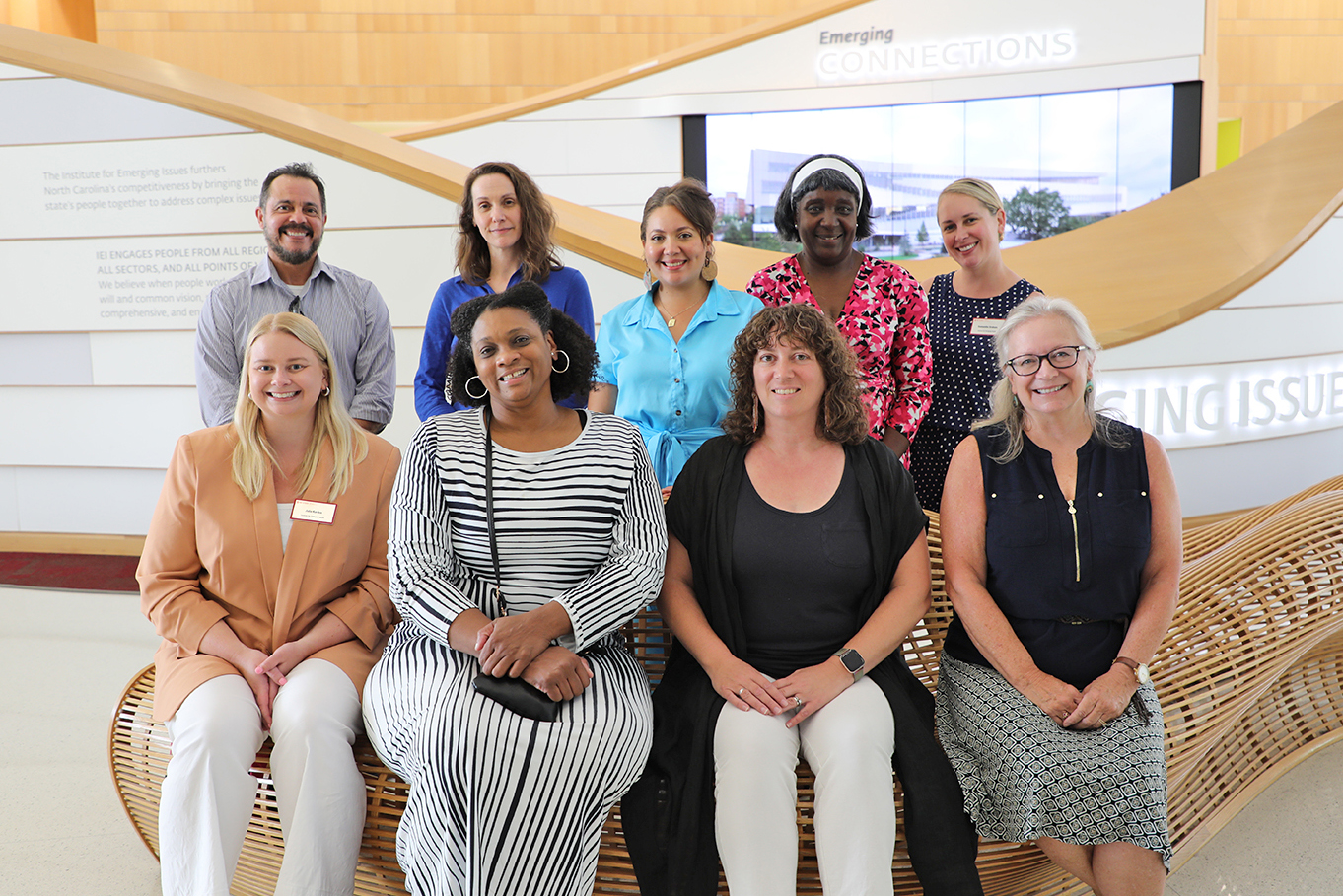Talent First Economics Community Cohort Announced
Participants among first in the nation to receive designation of Certified Workforce Developer

The Institute for Emerging Issues (IEI) at NC State University is excited to announce the five regional teams that will make up the Talent First Economics community cohort. The cohort will serve as a peer learning network for the 2023 Emerging Issues Forum to increase collaboration among workforce, economic and community development leaders to ensure their regions are better equipped to grow their workforce, with a focus on underrepresented workers.
The five teams in the cohort include representatives from the following organizations:
Cape Fear Region
- Brunswick Community College
- Cape Fear Council of Governments
- Cape Fear Workforce Development Board
- Columbus County Economic Development
- Wilmington Chamber of Commerce
- Town of Burgaw
- UNC Wilmington
Eastern Carolina Region
- Eastern Carolina Council of Governments
- Eastern Carolina Workforce Development Board
- Greene County
- Lenoir Community College
- Wayne County
Northern and Western Piedmont Triad Region
- Caswell County
- City of Winston-Salem
- Forsyth County
- Piedmont Triad Regional Workforce Development Board
- Piedmont Triad Regional Council
- Rockingham County
- Surry County
Southern and Eastern Piedmont Triad Region
- Alamance County Area Chamber of Commerce
- City of Greensboro
- City of High Point
- GuilfordWorks Workforce Development Board
- Regional Partnership Workforce Development Board
- Randolph County Economic Development Corporation
Western Mountain Region
- Asheville Area Chamber of Commerce
- Blue Ridge Community College
- Henderson County Partnership for Economic Development
- Land of Sky Regional Council
- Mountain Area Workforce Development Board
- Transylvania Economic Alliance
- Western Carolina University
“As a nonpartisan connector, IEI understands the power of bringing together people from across sectors, regions and perspectives to identify solutions for common issues,” said IEI Interim Director Sarah Langer Hall. “By training together and working collaboratively, this cohort will play a pivotal role in the long-term economic success of our workers and our state.”
In addition to being part of a peer network that supports collaboration and regional action planning, cohort participants will also be among the first to enroll in the new NC Workforce Development Leadership Initiative, a six-month professional training program from NC State University. The initiative is supported initially by the U.S. Economic Development Administration and created in collaboration with NC State University, the NCWorks Commission, the NC Department of Commerce and the NC Association of Workforce Development Boards. The program prepares attendees to participate on and lead workforce development boards, engage with economic developers, and create initiatives that will further the entire community. Graduates of the program will receive the professional designation of Certified Workforce Developer—the only designation of its kind in the country.
IEI believes that local communities—with their traditions, willingness to work, and history of coming together in tough times to solve big challenges—are the unit of change to spark action to grow North Carolina’s talent supply. Representatives from the cohort will have the opportunity to talk about their work at the Emerging Issues Forum on February 13, 2023.
About Talent First Economics
For North Carolina to stay competitive in an increasingly global, mobile and diverse economy, we need more workers, of all backgrounds and skill sets, to get hired and thrive in the workplace. The 2023 Emerging Issues Forum will examine ways to overcome barriers and help workers find employment and stay engaged in the workplace. By putting talent first—increasing our understanding of what employees are looking for and how employers and systems can respond—we can better energize, equip and unleash North Carolina’s full abundance of talent.
- Categories:


